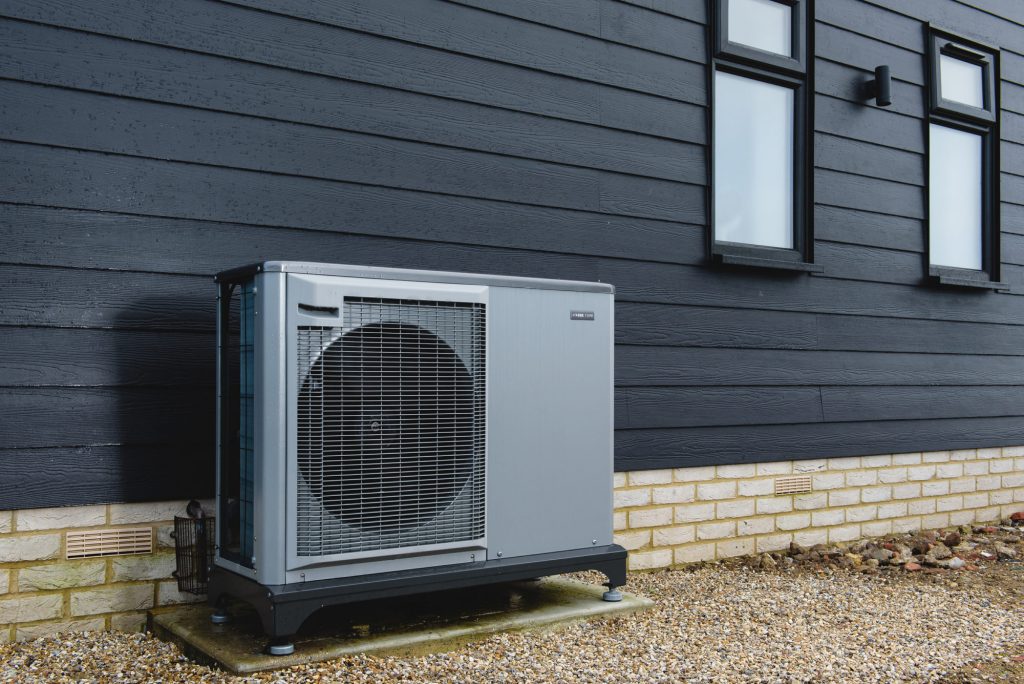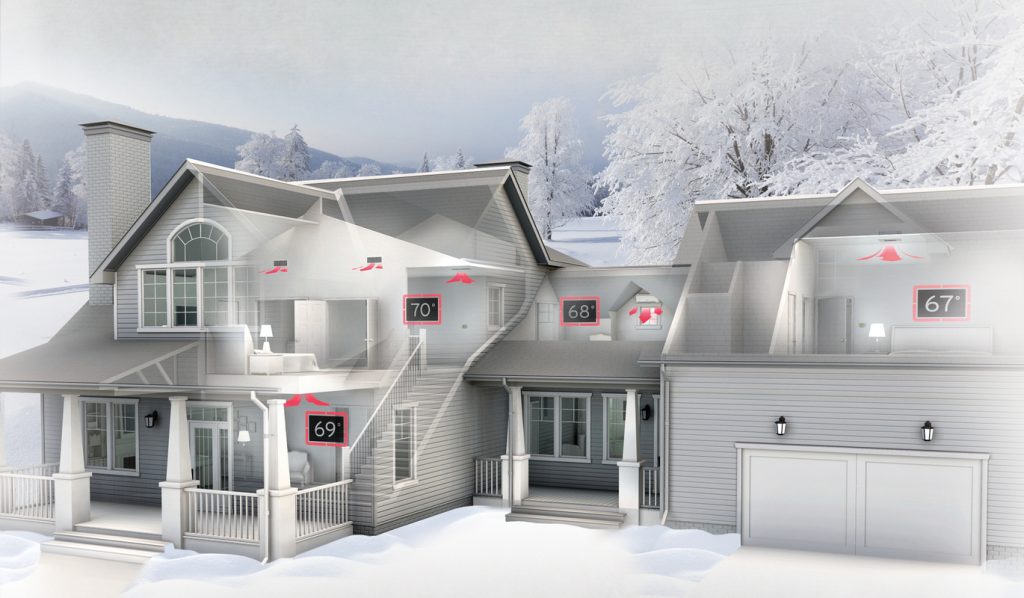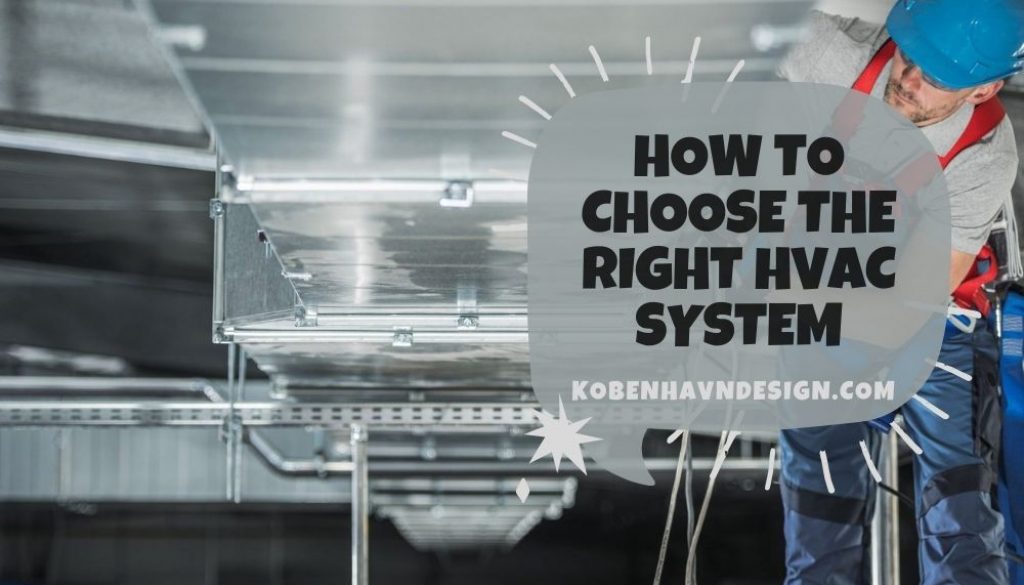How to Choose the Right HVAC System
Selecting a new HVAC system and let alone buying one, is a tough decision, considering it takes careful planning and budgeting. After all, the new HVAC system will be one of the bigger investments you will ever make. That’s why it’s crucial to talk to someone who is in this business and who can give you an honest recommendation.
As for us, we have decided to write an article on how to choose the right HVAC system and give you a general idea of things you should focus on.
Heat pump vs. furnace
As you already know, furnaces run on oil or gas, and if your property is connected to a gas line, then a furnace is an energy-efficient option to keep your home warm during the winter months. However, this is a single-purpose system, running only like a heater. That’s why a furnace is great for keeping the home warm during winter.
But what happens when you need your home cooled down in the summer? In that case, many homeowners combine furnaces with AC, meaning you have to invest in two systems.
When it comes to heat pumps, they serve as two systems in one, and you can use them for cooling and heating. The heat pump works by moving air within your home and, in that way, alters the temperature. This unit will pull heat from the air outside to keep your house warm when the winter comes.
On the other hand, during the summer months, you can reverse the function of heat pumps. It basically removes hot air from your home and sends it outside.

Why should you choose a heat pump?
Besides acting as a cooling and heating unit, there are many benefits linked to heat pumps.
Energy – efficient
Even though the majority of units run on electricity, heat pumps are known as low-energy consumers. However, keep in mind that all models have two rating systems, HSPF, and SEER. That’s why when choosing a heat pump, make sure that the HSPF rating is above 8.5 and SEER above 15.
Multi-stage system
A single-stage system permits only one cooling or heating output, which means it’s either on or off. Based on your home needs, you can choose a system to be set to different cooling and heating strengths. Keep in mind that two-stage systems are most common, and they allow high and low options for either cooling or heating.
For instance, homeowners can run a heat pump at the highest heating stage during harsh winter months or choose a low setting during summer.
Keep in mind that these systems require higher initial costs, but they are worth it.
Variable speed pump
This unit is currently one of the most attractive options on the market. Compared to the previous model, a variable speed motor allows homeowners to decrease or increase their output based on their cooling or heating needs.
As the name implies, this system runs at varying speeds and gives you control over your indoor comfort.
What to consider when choosing a new heating and cooling system?
In the previous sections, we discussed types of heating and cooling units. But, let us now broaden this topic even more and focus on additional features of new heating and air conditioning systems.

Size
This is one of the common mistakes among homeowners. They choose the wrong size of the HVAC unit, which makes them spend more money on utility costs. That’s why you should measure the width and length of your home or living area to determine the right square footage. You can also contact a local technician to help you with this.
Maintenance
Every HVAC unit requires an annual checkup to get it ready for winter or summer. These inspections involve cleaning indoor and outdoor components, as well as replacing air filters. For that reason, it’s important to choose an HVAC unit that doesn’t require a lot of maintenance.
Design
Before you order a new HVAC system, check the size of your home, and see if it already has centralized ductwork. This will help you decide whether you have enough space for outdoor and indoor components.
Additional features
Besides the cooling aspect of the HVAC unit, you can also add other features like smart controls, which will allow you to control heating and cooling from your home.

